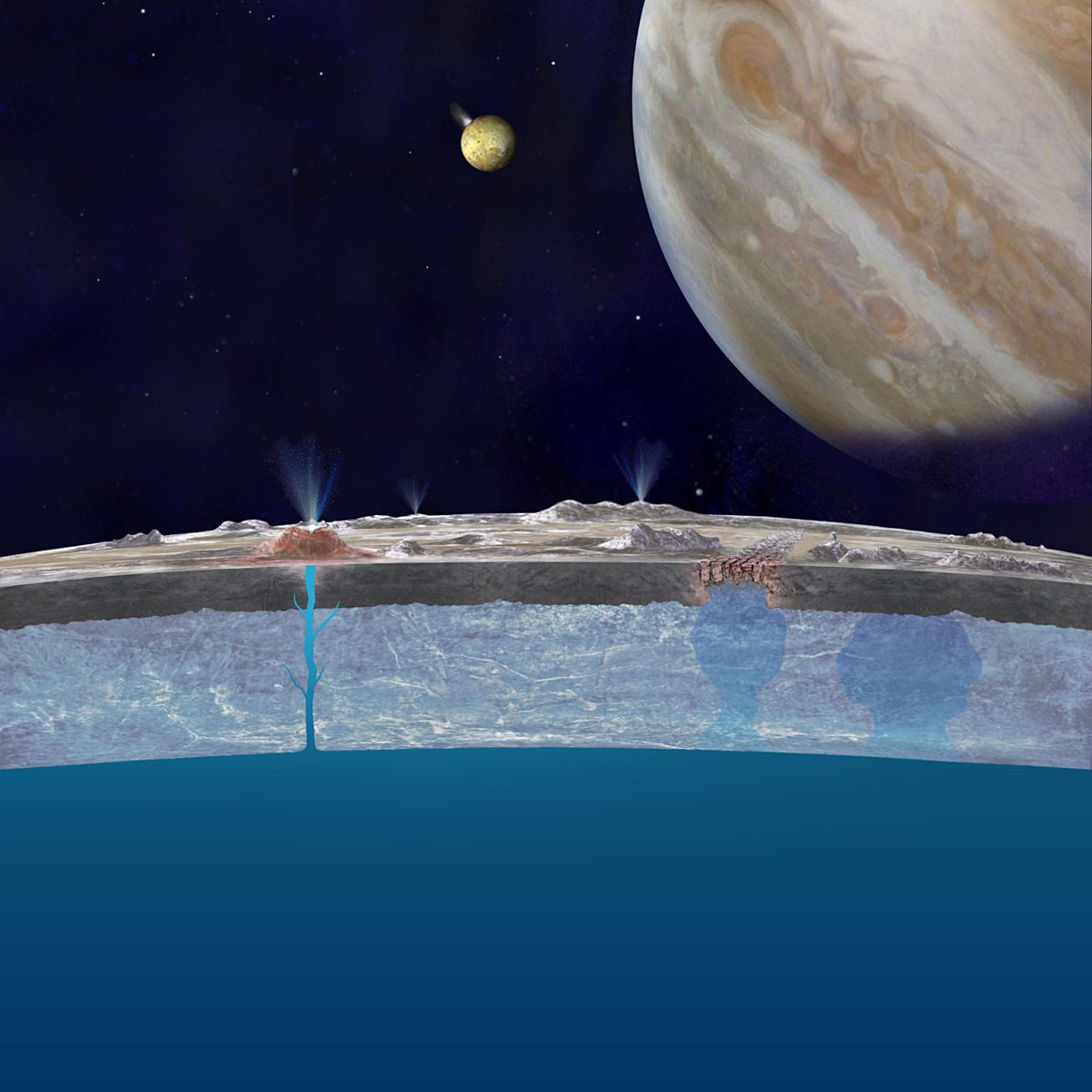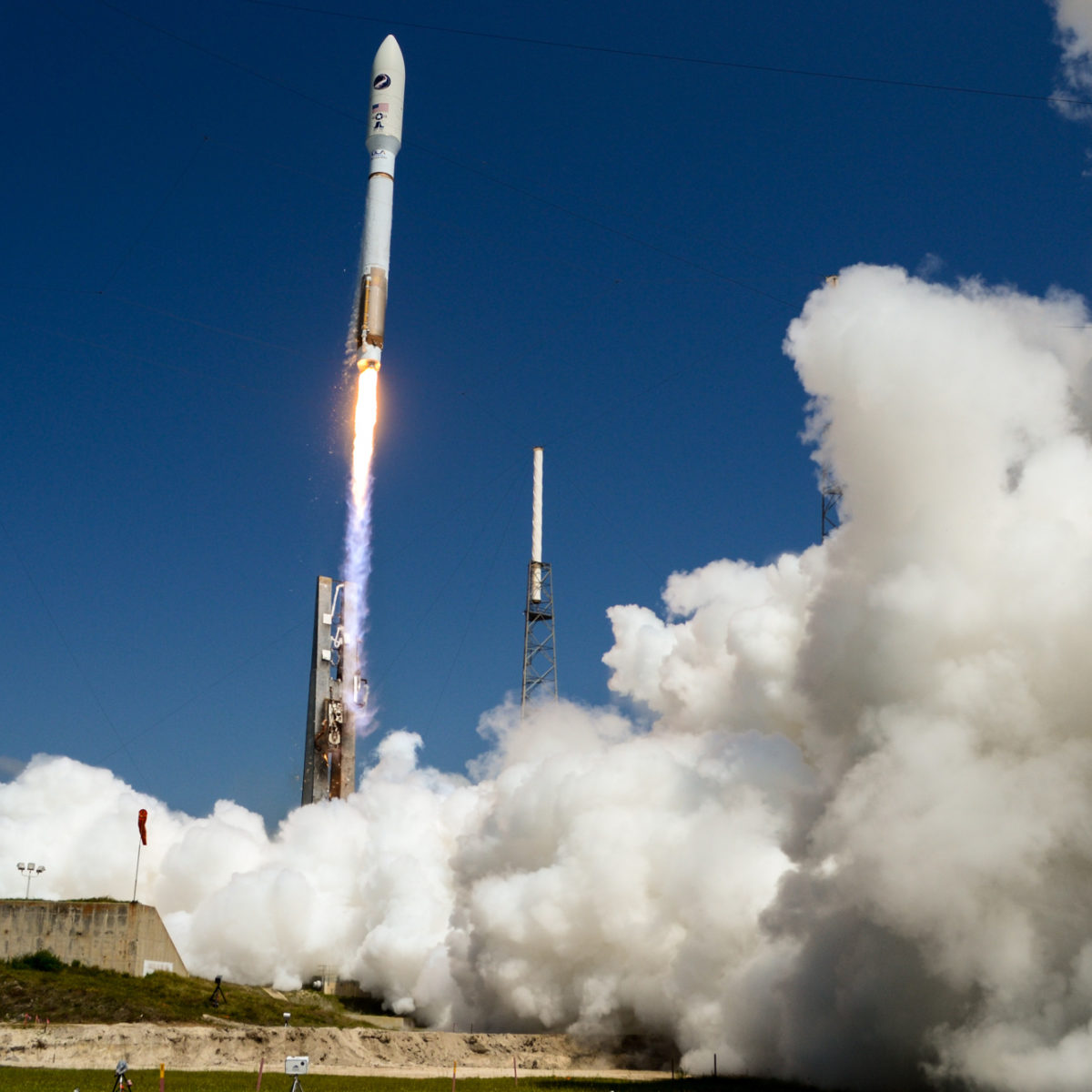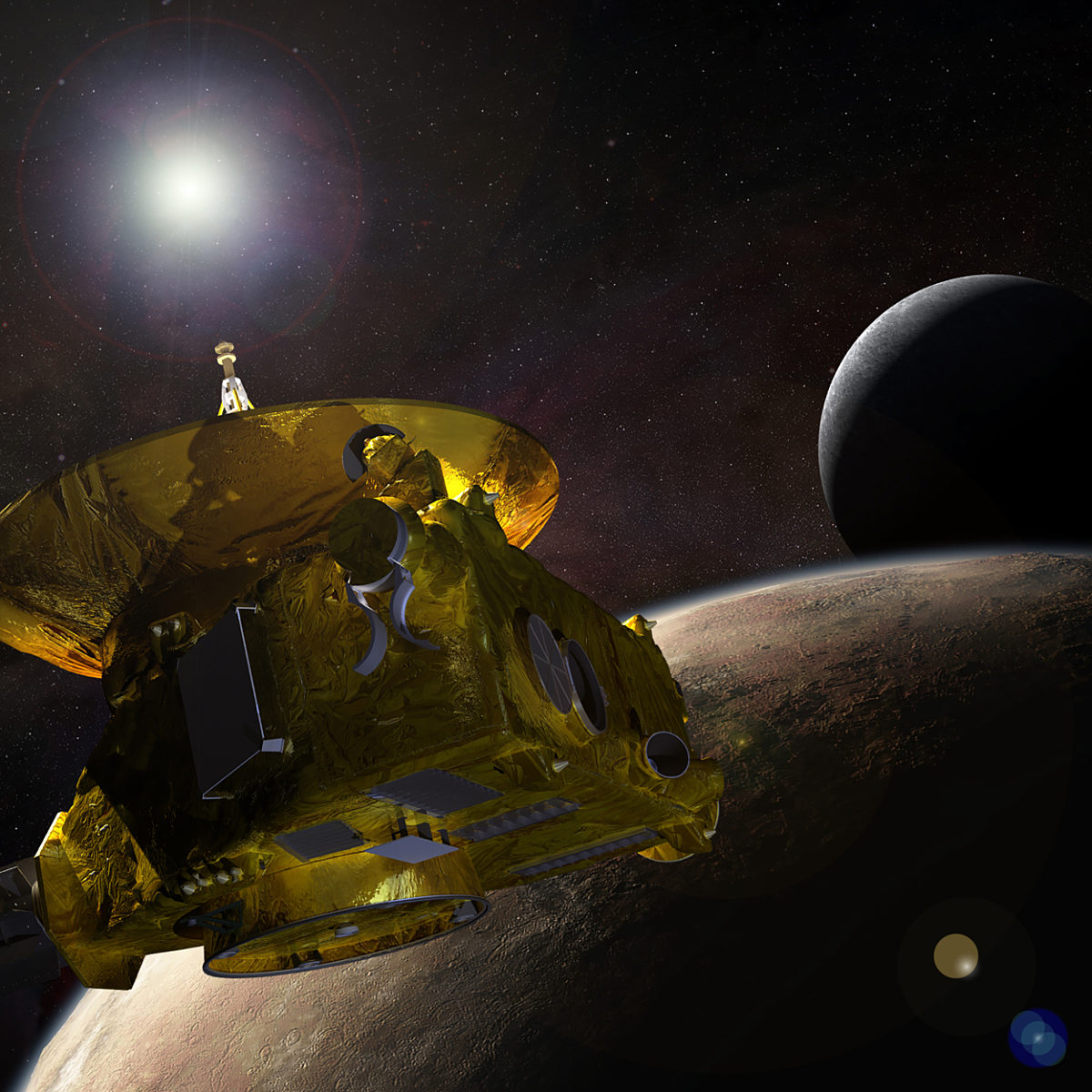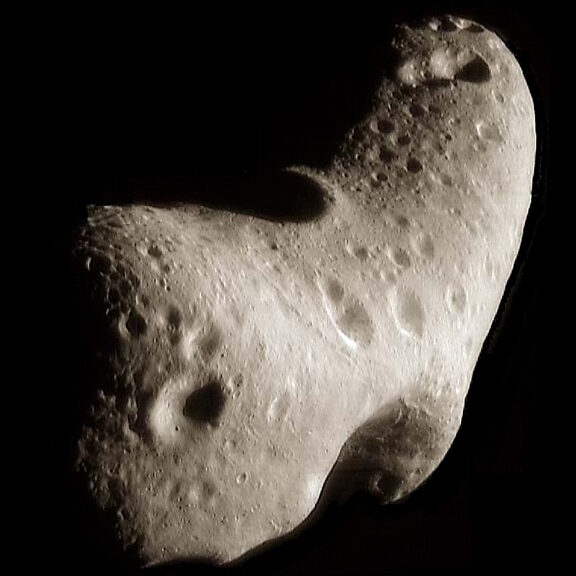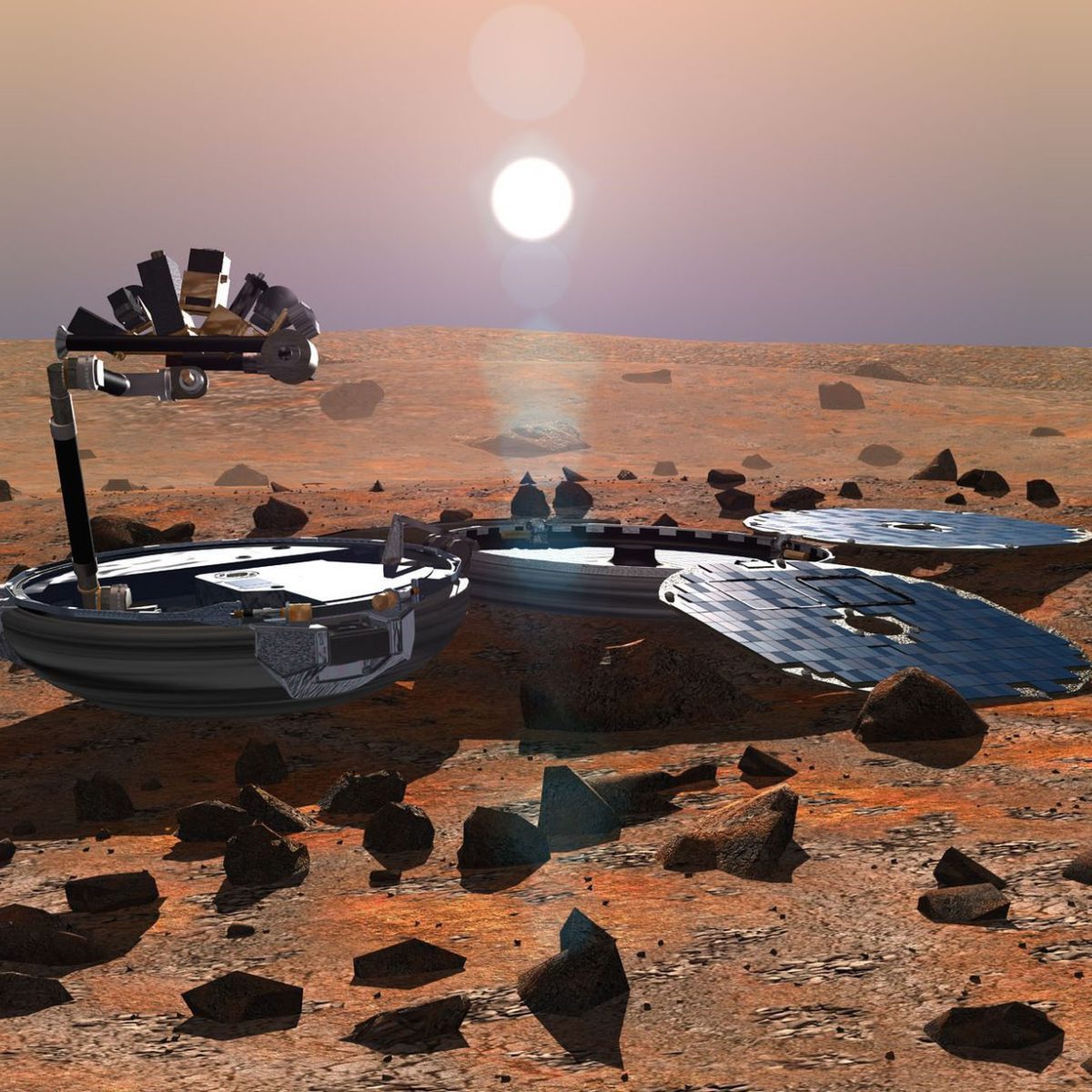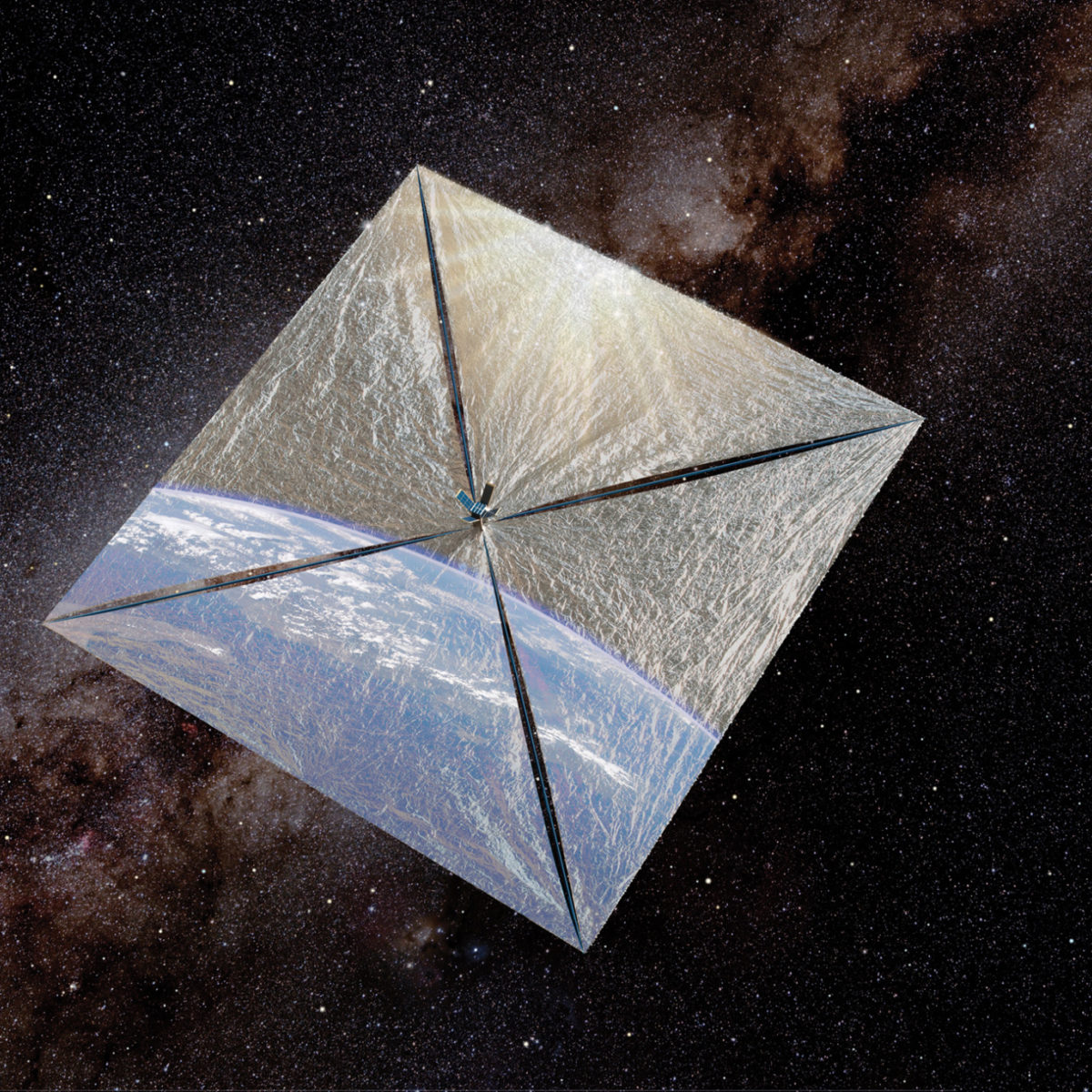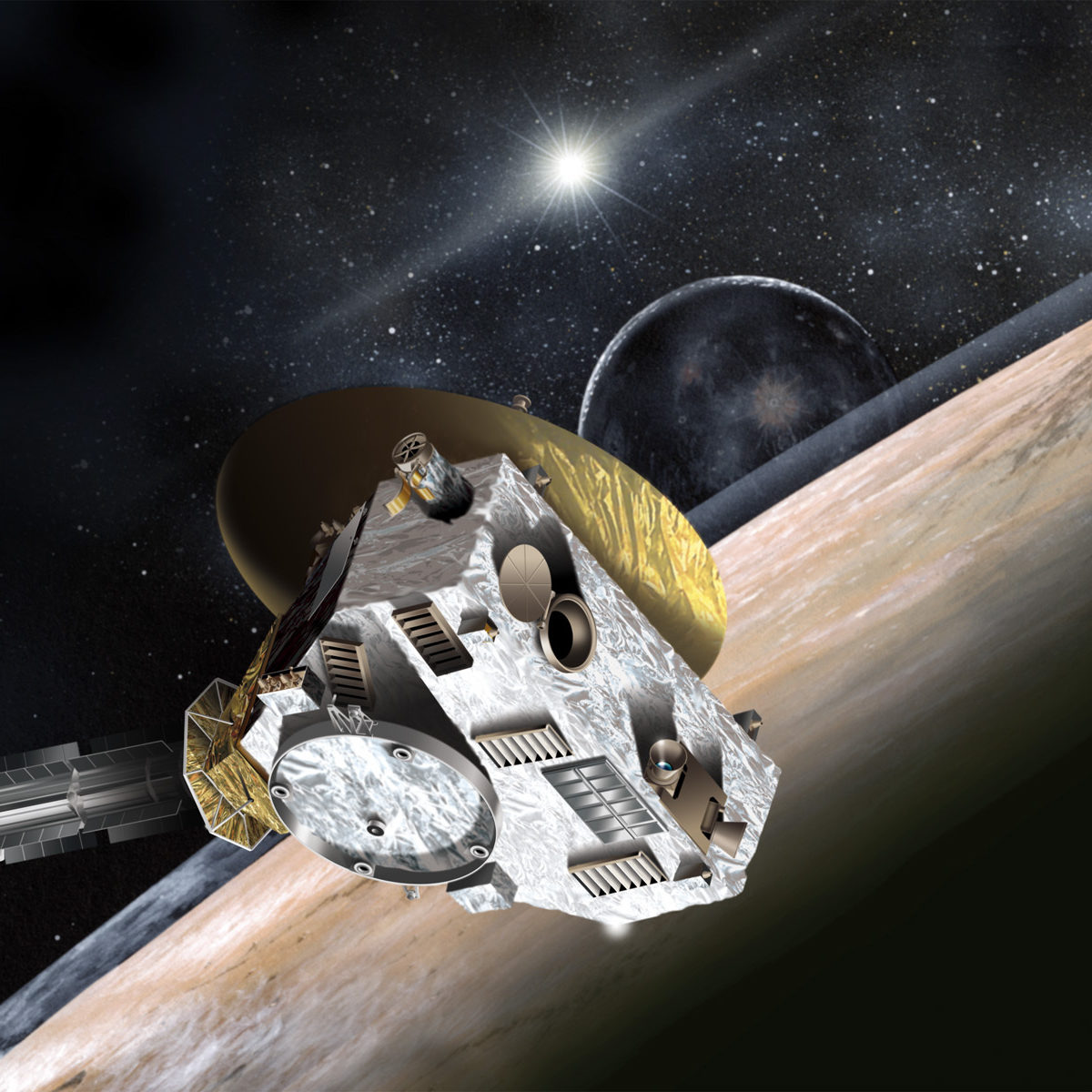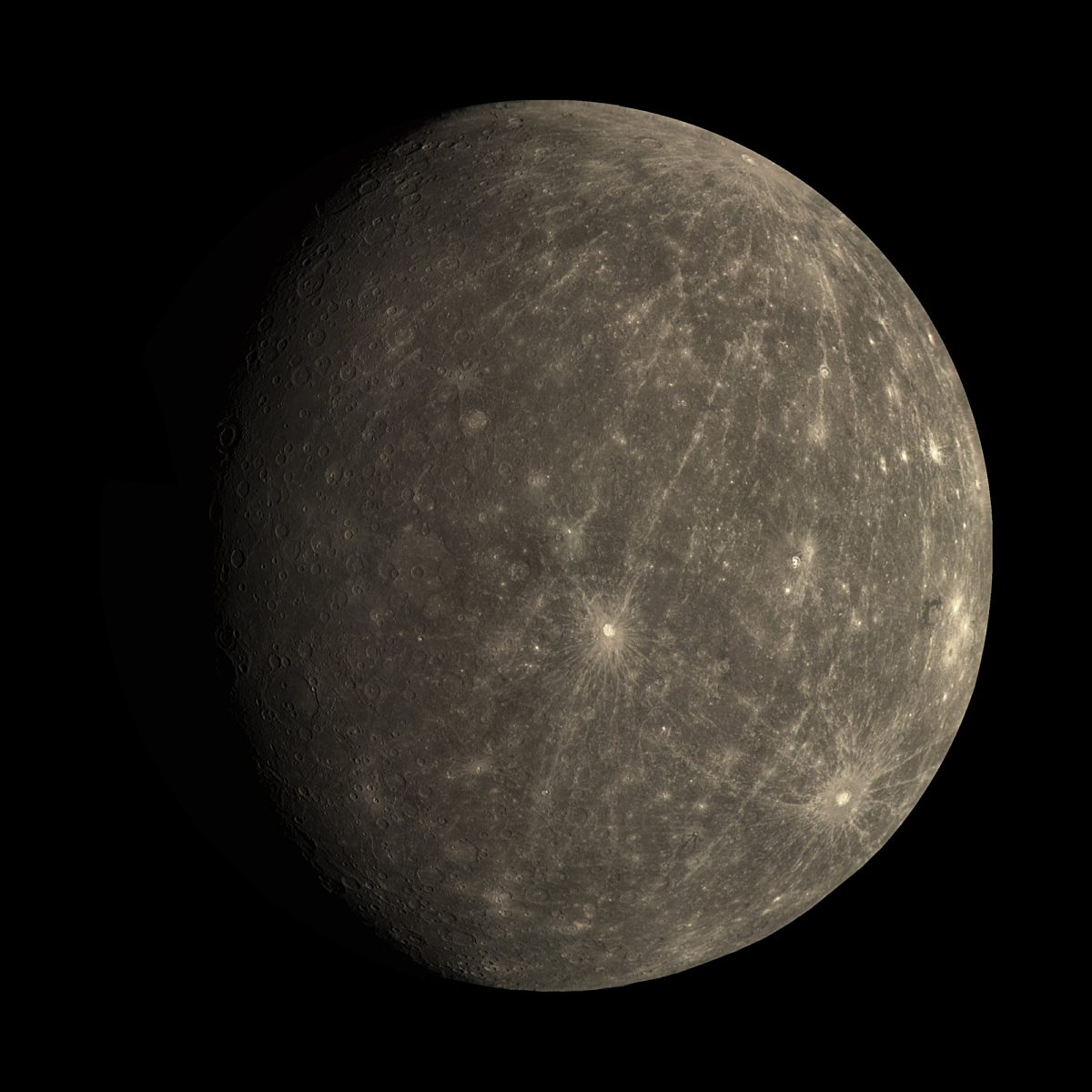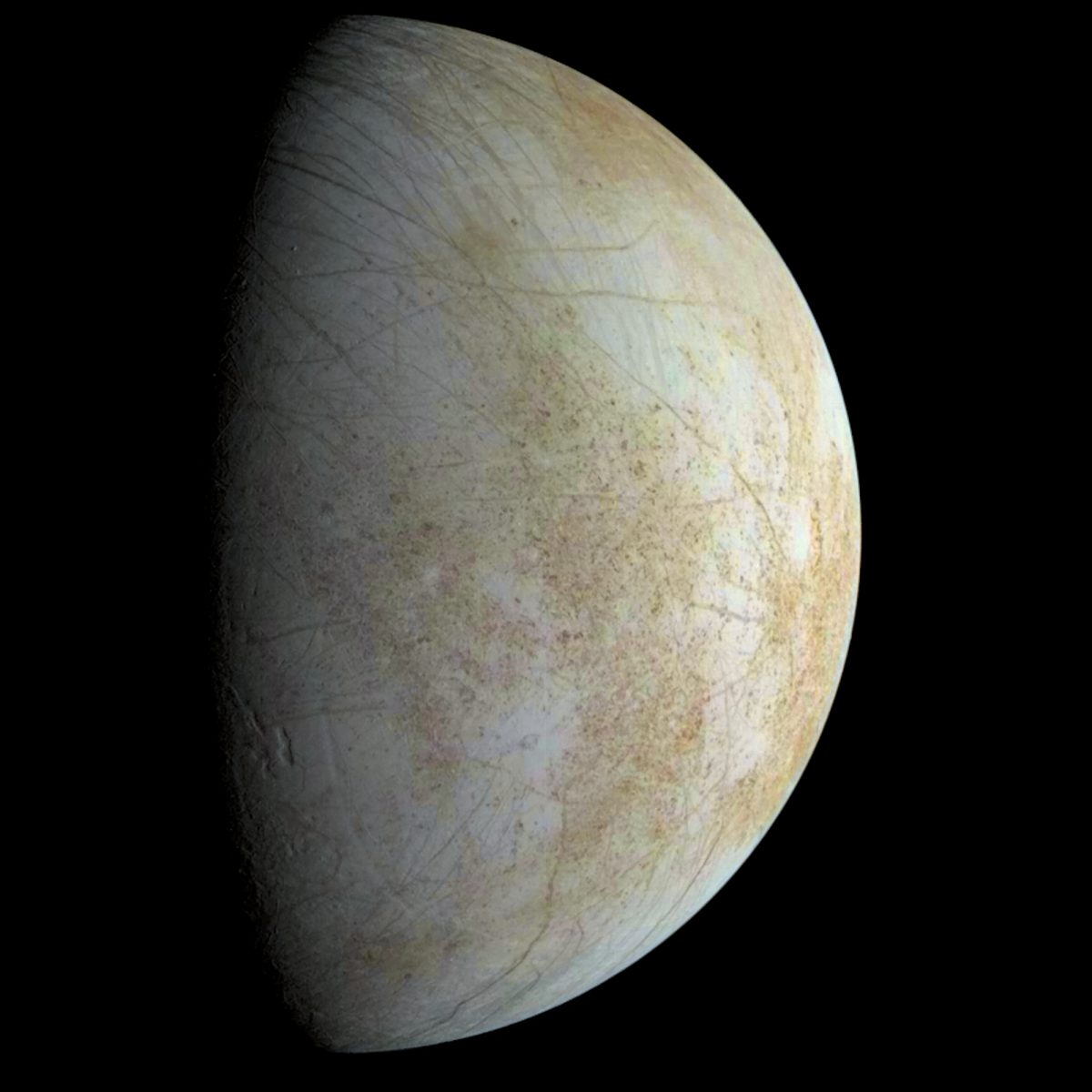Since 2002, Planetary Radio has visited with a scientist, engineer, project manager, advocate, or writer who provides a unique perspective on the quest for knowledge about our Solar System and beyond. The full show archive is available for free.
Search Planetary Radio
They are the most neglected planets in our solar system, but that status may be changing. Planetary scientist Elizabeth “Zibi” Turtle celebrates NASA’s announcement that it will study a mission to Uranus or Neptune.
Planetary Radio talks with Jim Bell and Justin Maki, leaders of the development team for the most advanced camera ever planned for the surface of Mars.
The 2020 Mars Rover may be years away, but determining where it will land is already a hot topic among scientists and engineers. Many of the former gathered in early August for a site selection workshop. We talk with Co-Chair and Mars veteran Matt Golombek, JPL astrobiologist Lindsay Hays, and Ken Edgett of Malin Space Science Systems.
We return to the beautiful Aquarium of the Pacific in southern California for a fascinating conversation about ocean science. What we learn down here is furthering our research around the solar system. William Patzert, Jerry Schubel and Steven Vance join Mat Kaplan on stage. Emily Lakdawalla tells us what Curiosity, the Mars Science Laboratory rover, has been doing lately. Bruce Betts is keeping his eye on converging Jupiter and Venus.
Explore Mars revealed the 2015 Humans to Mars Report at a recent conference in Washington. CEO Chris Carberry gives us a quick tour of this inspiring assessment of what it will take to get more than robots to the Red Planet.
This special edition takes you behind the scenes on May 20, 2015 as LightSail is lifted into orbit. You’ll hear the thrilling launch, meet key team members as they prepare for the big moment, and hear a special status report from Planetary Society CEO Bill Nye.
Humankind’s arrival at Pluto is barely two months away. The science and images have already started to flow from New Horizons, according to the mission’s Principal Investigator, Alan Stern. Alan returns to Planetary Radio this week.
Senior Editor Emily Lakdawalla has returned from the Lunar and Planetary Science Conference in Texas with the latest revelations about our solar system. She shares them in an extended report.
The Mars Science Laboratory rover has accomplished its primary goals on the Red Planet, and John Grotzinger has left his central role to become Chair of the Division of Geological and Planetary Sciences at the California Institute of Technology. He shares his thoughts about the ongoing mission and much more.
6,000 job-seekers came to the new Long Beach, California home of Virgin Galactic’s LauncherOne rocket on a recent morning. We sit down with CEO George Whitesides for a conversation about this new effort and the return of SpaceShipTwo.
ARM is the Asteroid Redirect Mission, and sometimes it seems that it doesn’t have a friend in the world. But it does, and Jonathan Goff of Altius Space Machines is one.
The Beagle 2 Mars lander disappeared after it separated from the Mars Express orbiter on Christmas Day, 2003. Eleven years later, it has been found, partially-deployed on the Martian surface. Longtime Beagle 2 mission leader Mark Sims tells the story.
The Planetary Society has just announced that LightSail will be launched into orbit on its first test flight in May. We’ll talk with Project Manager Doug Stetson and embedded LightSail reporter Jason Davis about what to expect.
The Planetary Society’s experts look forward to a great year of firsts in the solar system and beyond.
Our annual review of the greatest events and accomplishments over the last year features analysis and commentary by Bill Nye the Science Guy, Emily Lakdawalla, Jason Davis, Casey Dreier and Bruce Betts, along with a special new year’s gift of Neil deGrasse Tyson.
Not just the air. Where is the water that was plentiful on the red planet billions of years ago? MAVEN may help answer these questions. Principal Investigator Bruce Jakosky reports on the early, exciting science data.
NASA’s Orion spacecraft has taken its first step toward Mars and an asteroid mission. The Planetary Society’s Jason Davis was at the Kennedy Space Center for the December 5 mission.
MESSENGER has been orbiting the innermost planet for more than three-and-half-years. Principal Investigator Sean Solomon returns with a status report as the mission enters its final phase.
The Chairman of the powerful Science, Space and Technology Committee in the U.S. House of Representatives joins us for a talk about planetary science, Europa, a human flyby of Mars and much more.
The latest guest of the Red Planet arrived in orbit on the evening of September 22, 2014. Planetary Radio Live was watching with fingers crossed in Pasadena, California.


 Explore Worlds
Explore Worlds Find Life
Find Life Defend Earth
Defend Earth





